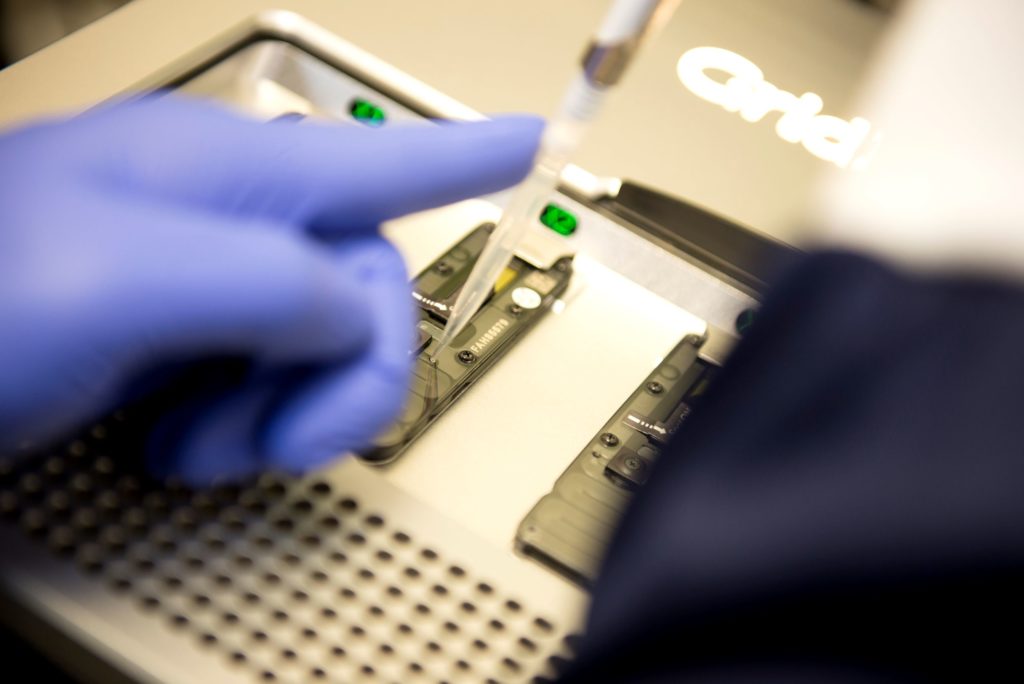Our team has a long track record in driving innovation in preventing, diagnosing and treating infectious diseases, not only directly benefiting patient care, but also influencing national and international healthcare policy.

This expertise was evident during the COVID-19 pandemic, when we led the development and evaluation of the SARS-CoV-2 tests that have supported UK testing programmes and clinical trials. We also have led major epidemiological studies, such as the UK’s national COVID-19 Infection survey which was critical in guiding the Government’s response to the pandemic, including its vaccination strategies. BRC researchers have also collaborated with Oracle corporation to create the EIT Pathogena to help governments and medical communities around the world identify and act on SARS-CoV-2 variants faster.
We led the international CRyPTIC tuberculosis consortium which used cutting-edge genomic sequencing techniques to identify the majority of genomic variation that confers resistance to 13 of the most common TB drug treatments. CRyPTIC in turn provided the dataset that was used to create the first catalogue of resistance-conferring TB mutations published by the WHO in June 2021. Finally our second-generation tuberculosis sequencing pipeline was adopted by UKHSA in 2017 and our third-generation pipeline is being deployed into EIT Pathogena.
This theme’s overarching aims are to develop ways of ensuring the rapid and accurate diagnosis of infections and pathogens; characterise their potential impact on populations; devote resources to identifying emerging pathogens exhibiting antimicrobial resistance; and using data to help patients in real time.
Sub-themes
Sub-theme 1: Novel rapid, high-throughput diagnostic workflows for infection
Building on our genetic sequencing expertise, especially in relation to respiratory viruses. Read more
Sub-theme 2: Big data-led infection diagnosis and management strategies
Focus on data and machine learning. Read more